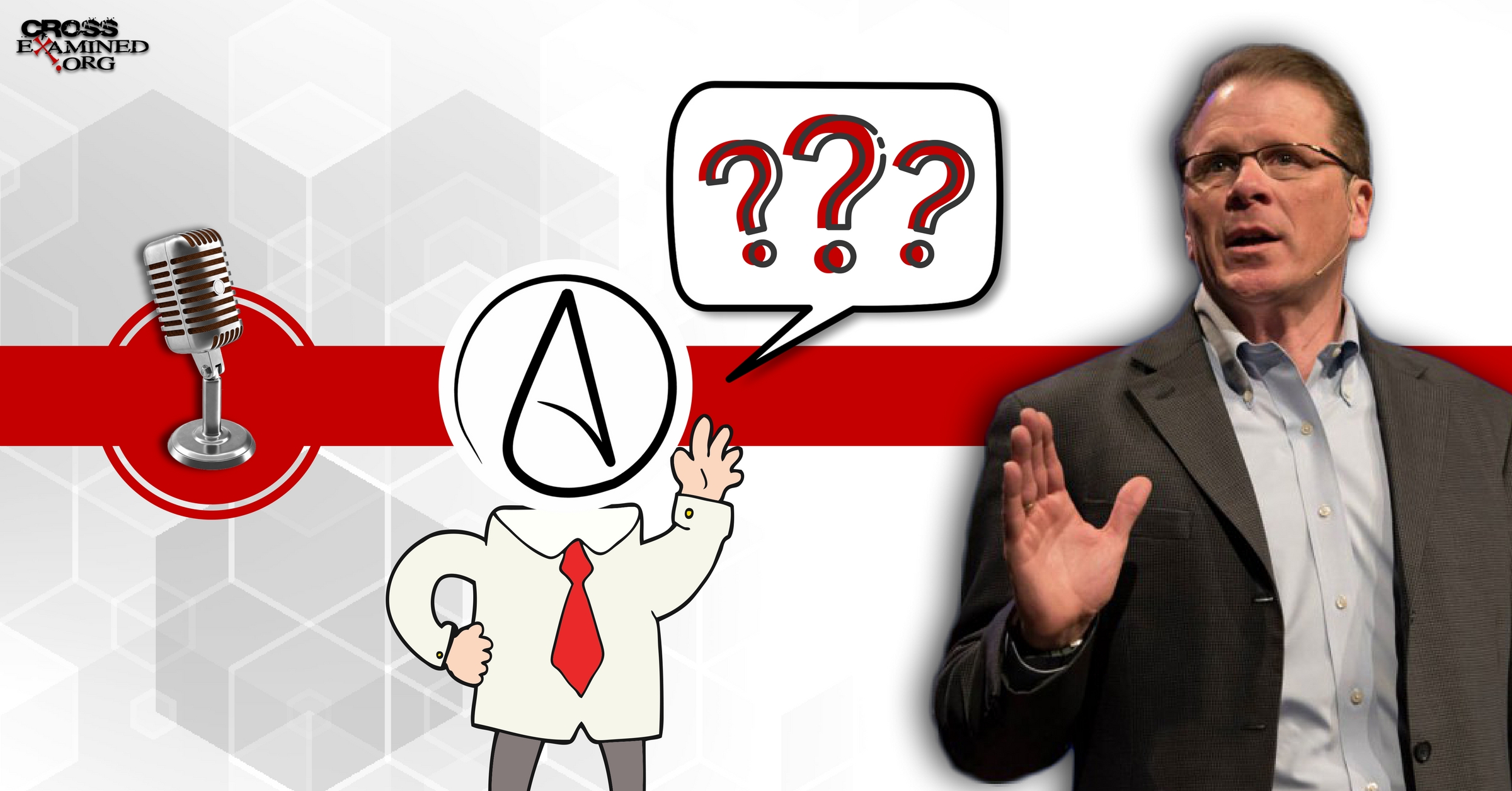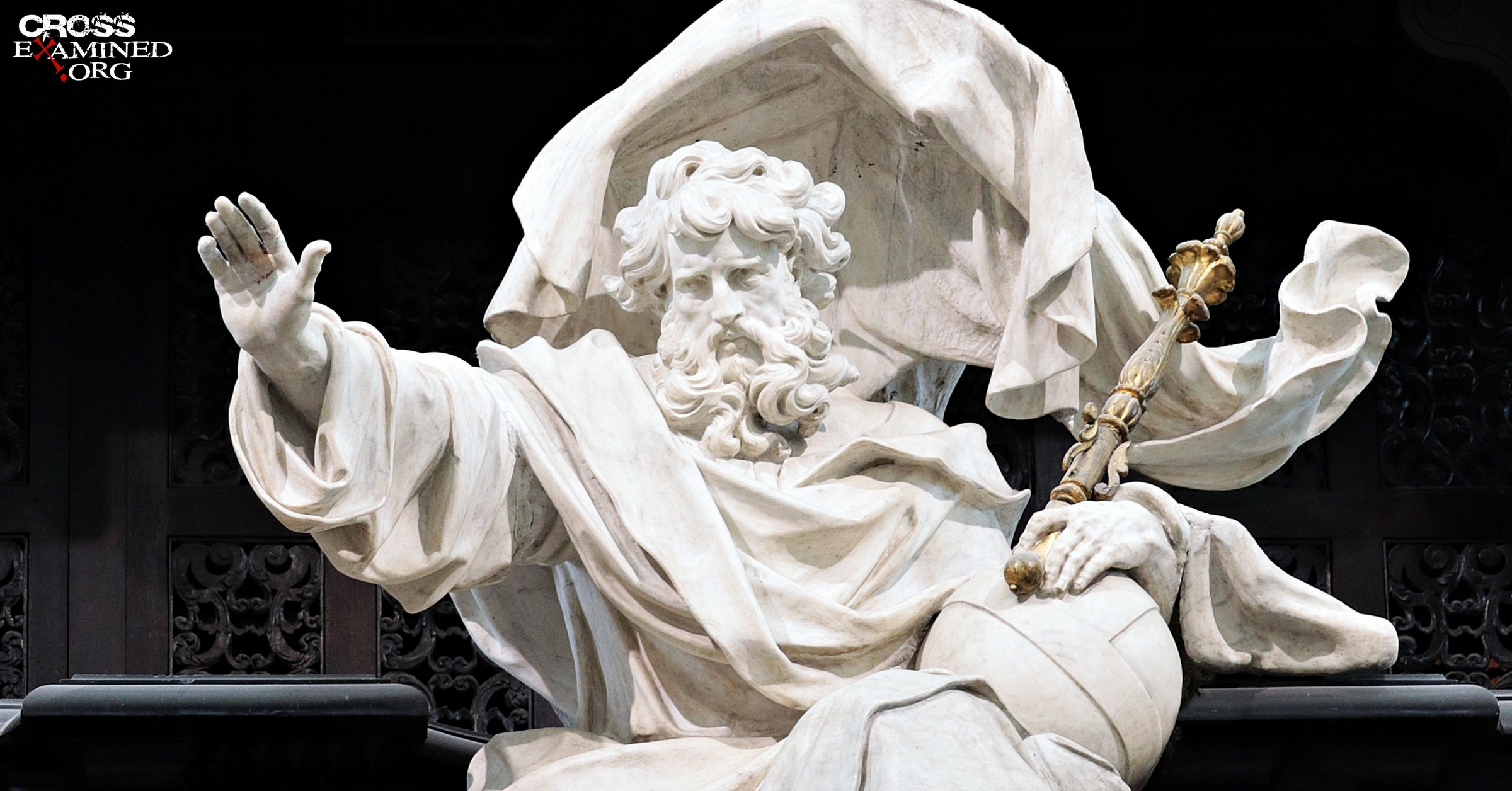Can God Balance Mercy and Justice?
By Al Serrato
In a recent post, I addressed the issue of whether Christ’s death constituted a sacrifice. For many skeptics, Christ’s death, resurrection, and atonement for our sins constitute a major stumbling block. In response to that post, one challenger commented that he could not understand
“why the death of Jesus was that big a deal. He had 6 hours of agony. A terrible way to go, but how many people have similar experiences? And the atheist supposedly bound for hell will experience this kind of agony continually.”
To understand why this challenge lacks substance, one must take a moment to unpack the assumptions embedded within it. The challenger assumes that the process of physical death – more specifically, the manner, length and painfulness of that process – is what “caused” salvation. Noting, correctly, that many human beings have experienced far greater suffering, the skeptic concludes that this sacrifice is not, as he put it, a “big deal.” His conclusion flows from his premise, lending the challenge an appearance of legitimacy, but his premise is in need of more careful examination. Perhaps he has not taken the time to consider actual Christian beliefs, or perhaps he is simply engaging in the straw man fallacy, in which a person intentionally misstates his opponent’s position in order to more easily “defeat” it. Either way, to a careful thinker, the challenge falls flat.
This conclusion should not really come as a surprise. Countless intellectuals have considered the claims of Christianity and have embraced them as true. Many, such as the writer CS Lewis, became believers after many years of committed atheism. That none of these thinkers would find merit in this rather obvious challenge speaks to the fact that he is simply missing the point. None of these believers – nor for that matter the very first followers of Christ – concluded that Jesus won some kind of perverted contest for the “greatest suffering before being murdered,” somehow entitling him to the prize of being “the Savior.”
No, something much different is at play, something that challenges the limits of our philosophy, and of our intellects, to fully grasp. Jesus took the form of man and, during his life on Earth, he emptied himself of key aspects of his divinity. In that form, he experienced temptation – the kind of temptation that demonstrates the existence of free will; the kind of free will that makes expressions of love real and not the product of coercion or control. He did not need to suffer death at all, certainly not death on a cross. He had the means to escape the trap that was being laid for him. But, as he said, no one took his life; he lay it down for his people. By so doing, he stood before the Father to accept that wrath that justice demanded, for the intentional rebellion in which man was engaged. He had no price to pay for himself; his slate was clean before the Father. And because he too was God, he could absorb that wrath not just for one other man, or for a group of men, but for all who ever lived, or would live – infinite power absorbing for all time the infinite wrath of a perfect being.
The challenger to my post concluded:
“No—I disagree that God has balanced perfect justice and perfect mercy. Justice is getting what you deserve. Mercy is getting LESS than what you deserve. Take your pick. And you imagine that God has an infinite wrath? Wow—the dude needs some therapy!”
But this actually proves my point. The challenger is correct: in human terms, it appears contradictory for one to be perfectly just while being perfectly merciful; indeed, how can God give those in rebellion what they deserve while also giving them what they don’t deserve? (Ironically, this challenge actually speaks to the divine origin of these early Christian beliefs: who could have – who would have – come up with a system like this if it weren’t true when adhering to it only promised persecution?) To answer this challenge, one must move from abstract considerations to more specific, factual ones.
- What do humans “deserve?” They deserve punishment for their rebellion;
- What is a just punishment for rebellion? Separation from God;
- How long should that separation endure? For the life of the beings in question (i.e. an eternity in that place of separation, i.e. hell);
- How can humans beings be given something less than they deserve? By having someone else pay the price for their rebellion;
- Who can pay that price? Only a man who himself does not owe the same price.
Yes, Christ pays the price. We don’t deserve what he does for us; it is an act of mercy. Justice is satisfied because punishment has been meted out – directly to those who refuse Christ’s gift and remain in their rebellion; indirectly – through Jesus – for those who accept his gift. Jesus has the power and the willingness to absorb God’s just wrath, and having lived as a man, he also has the standing before God to enter the transaction. We need only accept his gift, at which point he will begin the process of refining us – perfecting us – so that we can rejoin with Him and with the Father.
This solution to man’s predicament, available freely for all, elegantly gives us the means to attain what we do not deserve – mercy – while not sacrificing God’s perfect justice.
Original Blog Source: http://bit.ly/2BC2Pzj












Leave a Reply
Want to join the discussion?Feel free to contribute!